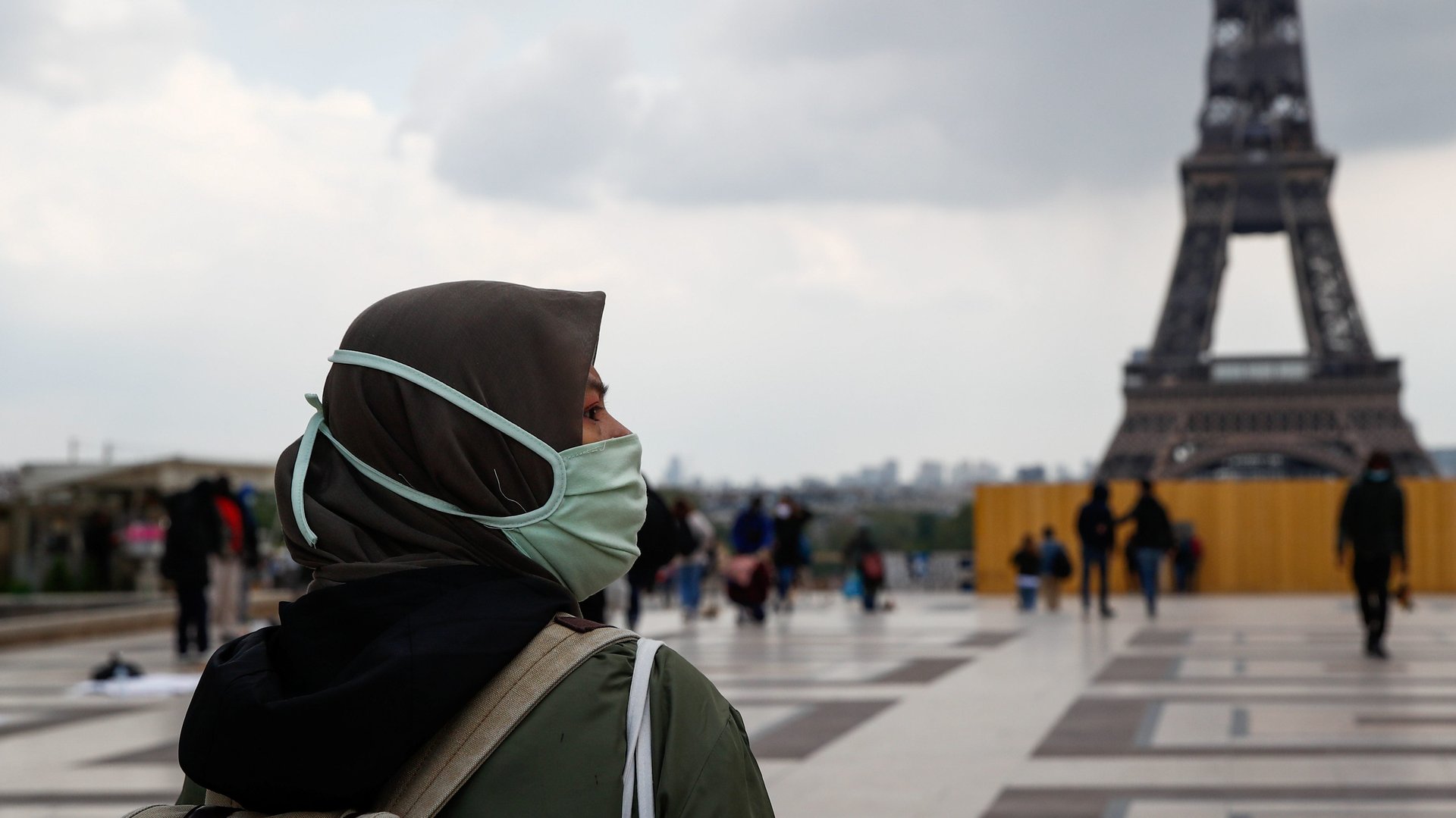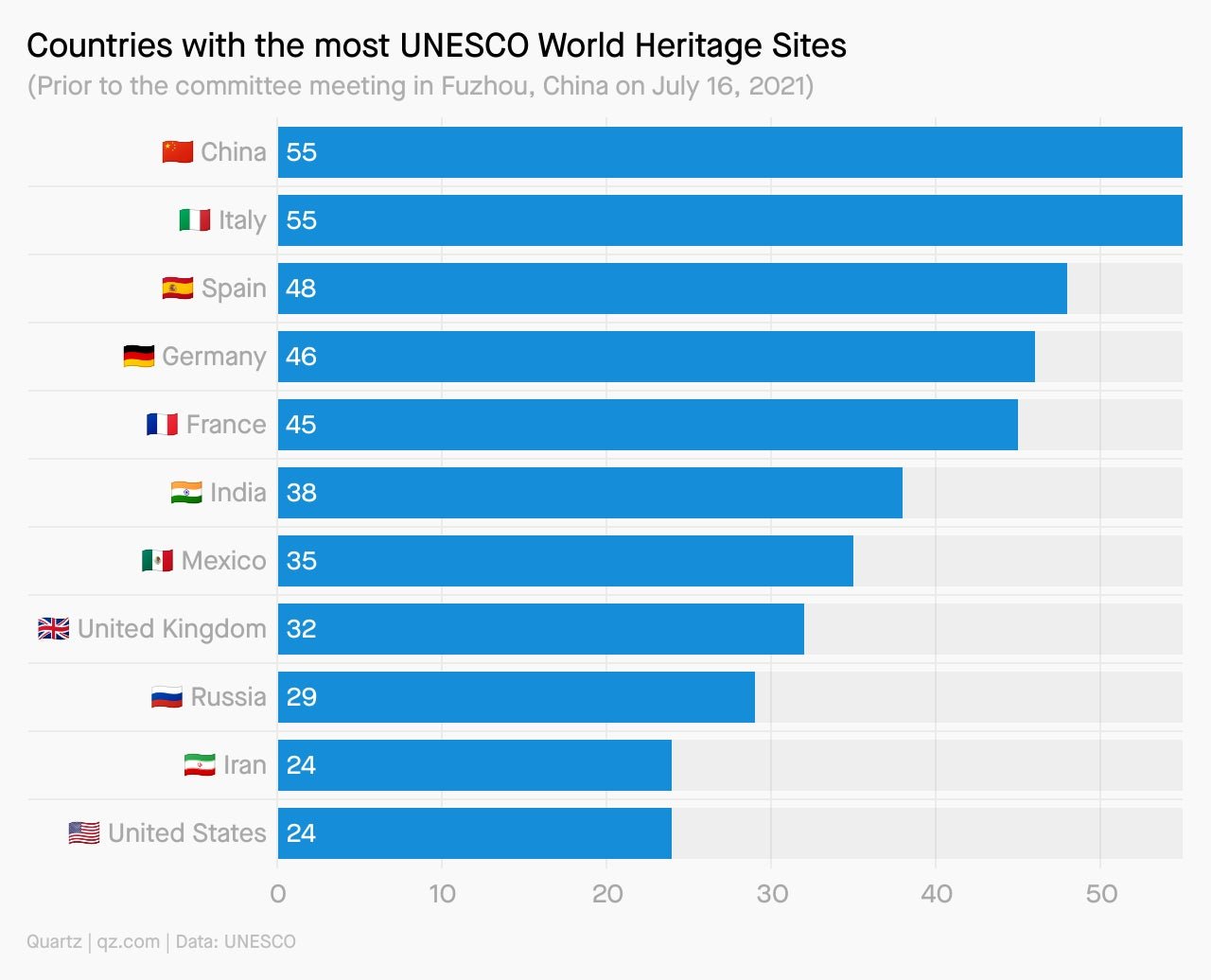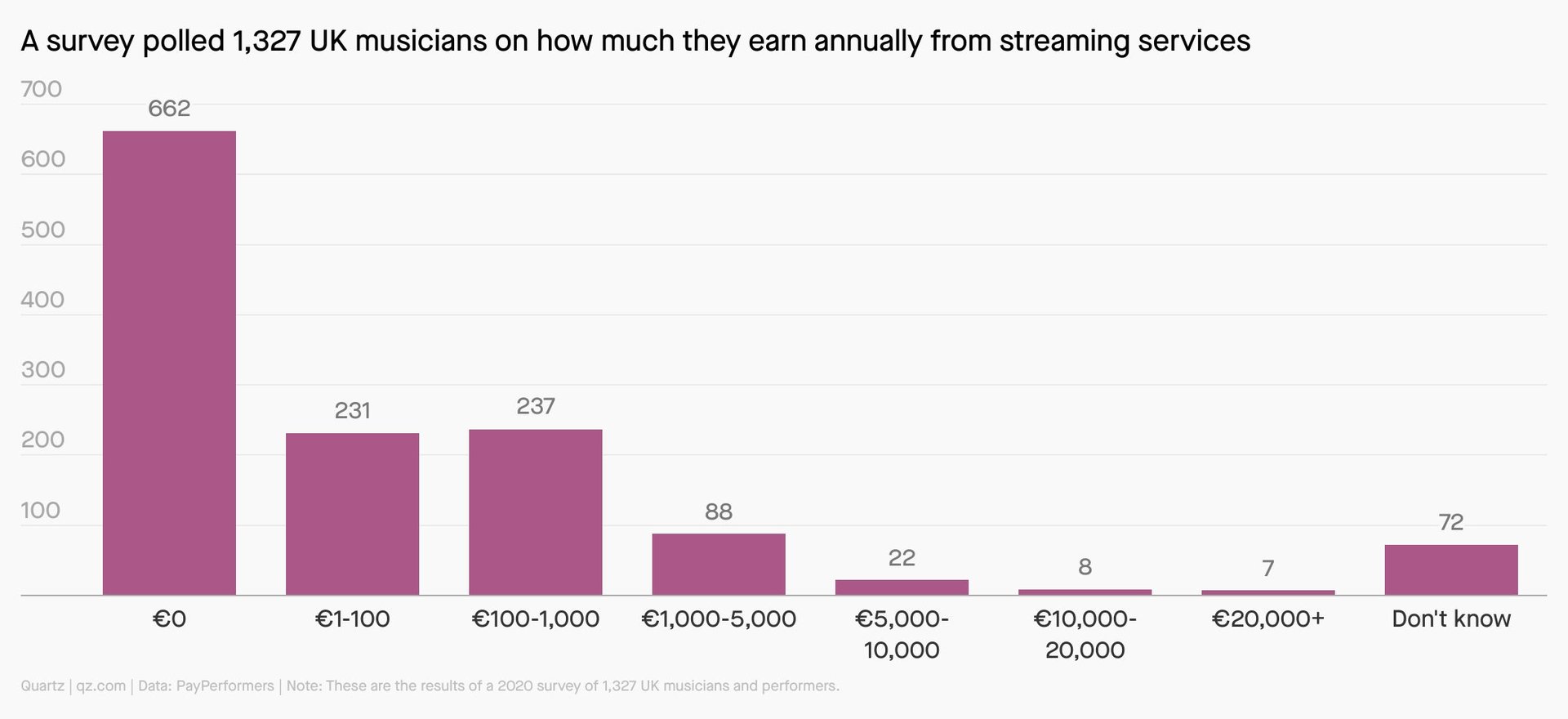Chip shortage good/bad news, European teen vaccines, taco relations
Good morning, Quartz readers!


Good morning, Quartz readers!
Was this newsletter forwarded to you? Sign up here. Forward to your friend who’s not into social media.
Here’s what you need to know
TSMC expects the chip shortage to continue into 2022. However, the semiconductor manufacturer said automakers should see some relief this quarter, and also confirmed it may open a chip plant in Japan.
Europe’s teens are about to get jabbed. The EU will likely decide whether to authorize Moderna’s shot for children aged 12-17 next week.
The Covid-19 lab leak theory is still alive. World Health Organization chief Tedros Adhanom Ghebreyesus said it was “premature” to rule it out, and he wants more access to China’s data.
Germany expects the death toll from catastrophic flooding to rise. Nearly 60 people have died after heavy rains in western Germany and dozens are still missing.
An EU court ruled it’s OK to bar employees from wearing headscarves. The ban must be part of a general rule against displaying religious and political symbols for the appearance of neutrality.
A western Afghan province negotiated a ceasefire (maybe). Government officials said the Taliban had agreed to stop attacking the capital of Badghis, while the Taliban said it left the city to avoid civilian casualties.
Beyond Meat is now on JD.com. The fake meat company launched a store on the Chinese e-commerce site as it looks to expand in the country.
What to watch for
In the contest for the most number of World Heritage Sites, UNESCO will break the tie between China and Italy during its annual meeting in Fuzhou, China. A 21-member committee is expected to add the ancient coastal city Quanzhou in eastern Fujian to the list of 1,121 places with “outstanding universal value.”

The United Nations’ cultural arm has a particularly onerous workload (link in Chinese) this year as it powers through a backlog of 45 applications to the World Heritage List and 258 site protection reports. Getting on the list is an ordeal—about a year and a half’s worth of paperwork, lobbying, and presentations—but those who triumph can expect a healthy boost in tourism and conservation efforts.
Charting artists’ streaming income
An influential group of British lawmakers wants a “complete reset” of music streaming’s business model, so that artists can earn a fairer share of the revenues made by giant companies like Spotify, Amazon, and Apple.
The UK Department for Digital, Culture, Media, and Sport, which heard testimony from more than a hundred artists, record labels, producers, and streaming companies since last October, found that musicians and songwriters make “pitiful returns”—if they make anything at all. In its report, the committee backed a different model, closer to music broadcast over the radio, or DVDs rented from libraries.

What’s in your basket?
When economists calculate inflation, they’re trying to determine how prices have risen or fallen across products and services. But since they can’t track every item, they make up a “basket”—a collection of specific products and services based on how people live and what they typically consume in the economy.
The basket is divided into broad categories that are common across countries and then weighted, to show how much of an average household budget is spent on those goods and services. A country may tinker with the weights assigned to categories as well, to reflect changes in spending habits or the economy over time. Our interactive tool illustrates how these baskets reflect cultural patterns and levels of economic development.

✦ Inflation is a tricky subject, but we’re here to untangle it for you. Support what we do—and read every bit of it—by trying out a membership.
Handpicked Quartz
(👇 The first one is so good, we decided to drop its paywall.)
Surprising discoveries
A suitcase full of cocaine fell from the sky in Italy. The €9 million ($10.6 million) shipment missed its intended target and landed on a bystander’s roof.
Golden retrievers helped cheer up Surfside first responders. The comfort animals are trained to interact with people in times of crisis.
McCormick is scouting a director of taco relations. The spice company gig pays $100,000.
Beware of online ads for semiconductors. Con artists are taking advantage of the global chip shortage.
Many Japanese calendars put two holidays on the wrong dates. They were printed before this year’s Marine Day and Sports Day were moved because of the Olympics.
We’ll have all the Olympics fun facts, delivered to you (almost) daily.
Our best wishes for a productive day. Please send any news, comments, comfort dogs, and correct holiday dates to [email protected]. Get the most out of Quartz by downloading our iOS app and becoming a member. Today’s Daily Brief was brought to you by Samanth Subramanian, Amanda Shendruk, Anne Quito, Liz Webber, and Susan Howson.